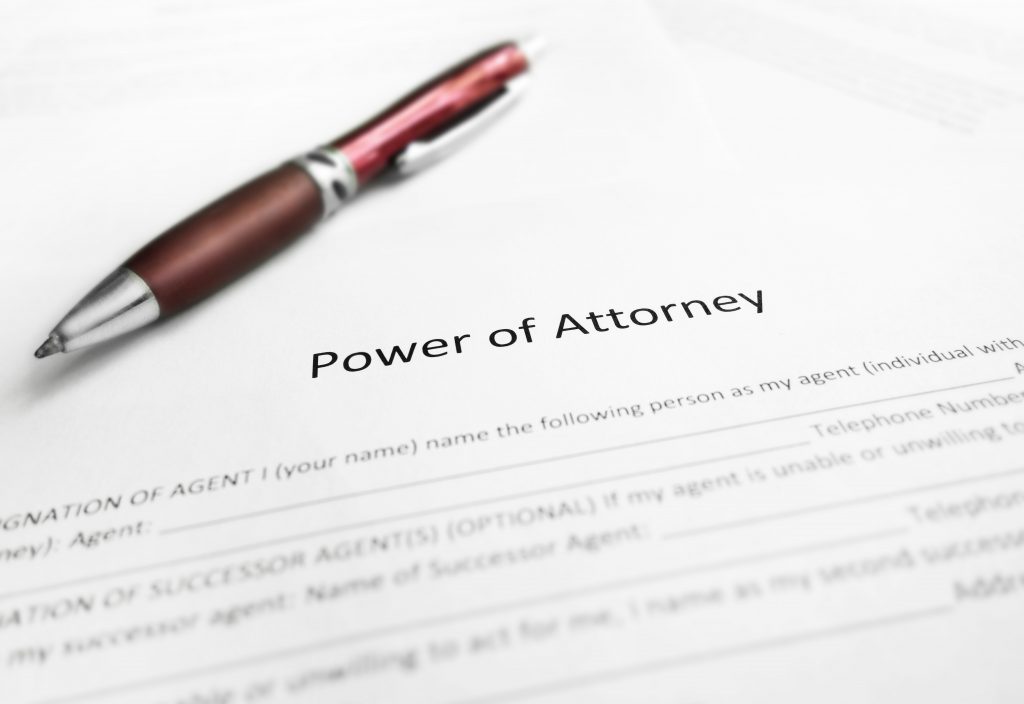Who Can Create a Will Under Michigan Law?
People 18 and over can create a will if they have sufficient mental capacity. Under Mich Comp. Laws § 700.2501, a person has the adequate mental ability to make a valid Michigan Will when:
- They can understand that they are making provisions for the disposition of their property after their death
- They know the nature and extent of their property
- The individual knows the natural objects of their bounty
- They understand the general nature of and effect of signing the Will reasonably
When creating a will, it’s advisable to enlist the help of Kendal Law Group, experienced business and estate planning attorneys in Michigan. They can guide you on the mistakes to avoid to ensure your Will is valid. Doing an important document like a Will by yourself can lead to problems and serious expenses later that will cost more than hiring Kendal Law Group to get it done right for you the first time.
Remember that you won’t be here to oversee the enforcement of your Will, and you want to be sure that your wealth and property will end up in the right hands.
What Are the Common Mistakes that Make a Will Invalid?
Your Will is the last message to your beneficiaries, and for it to be upheld, it must be beyond dispute and meet the rules for a valid Will. Wills lawyers in Bloomfield Hills highlight the following as the most common mistakes that invalidate a will in Michigan:
Creating a Holographic Will
A holographic Will is a handwritten Will without any witnesses. It is signed and dated by the decedent and can’t be typed or printed. A Michigan holographic Will must capture the pertinent parts of the Will in the decedent’s handwriting. There also must be no doubt that the writing intended to serve as the lawful Will of the decedent.
While a Michigan holographic Will is valid, it must be done correctly or it can be voided. An additional problem arises when there is a question if the handwriting truly belongs to the decedent. An interested party in the Will can challenge it by alleging that it was forged.
An unhappy beneficiary or family member who disputes the Will can stop it from being executed. Bloomfield Hills lawyers may have to bring in handwriting experts to verify if the handwriting belongs to the decedent. The process can be costly and lengthy.
Not Having Proper Witnesses
Your Will must be witnessed by two or three people who are over 18. Your witnesses must see you sign the Will and determine if you’re of sound mind while signing it. The best practice is to avoid having your beneficiaries or the Will executor act as your witnesses.
The law requires the witnesses to sign the Will to prove they witnessed it. There would be a conflict of interest if your beneficiaries or the executor were the witnesses. The witnesses must be of sound mind to testify to the circumstances of the Will execution if required.
Undue Influence and Fraud
Undue influence happens when someone coerces a testator into creating and signing a Will against their wishes. The influencer usually wants a significant stake in the Will and uses force to make the testator add them to the Will. The testator feels like they have no option but to comply.
Fake, fraudulent, or forged Wills are never considered valid, mainly because someone who tricks a testator into signing it thinks the document is less important, which is not the case.
Contact Kendal Law Group, skilled Michigan business and estate planning lawyers, if you have been coerced into creating or signing a Will against your wishes. Kendal Law Group can help you create an effective Will that is ironclad and which will be hard for anyone to contest after your demise.
Having Multiple Wills
Having multiple Wills raises questions about their validity. Once you update an existing Will, you must destroy the previous version to avoid confusion. If you had a lawyer when creating the original Will, remember to furnish them with the new version too. It would also help to consult them before making changes to the Will.
To safeguard the new Will and ensure it is valid and passes muster in court, consider including a provision that revokes all previous wills that came before, just in case they come to light after your demise.
What Happens When a Will is Invalid?
Having a Will declared invalid could be devastating for your beneficiaries. The probate court can establish the invalidity of a Will based on its construction and failure to comply with State laws. For example, when the Will is forged in someone else’s handwriting, the court may declare it invalid.
The court may need to step in to have the Will validated. It will also decide who the beneficiaries are depending on the intestacy laws that determine a decedent’s heirs when there’s no will. Typically, the decedent’s spouse has a legal right to inherit some of the interstate estates.
If you’re worried that your Will could be declared invalid, it’s advisable to seek the advice of experienced Wills attorneys in Bloomfield Hills. They can advise you to include a trust in your estate plan to distribute your estate per your wishes and outside the probate court.
Create a Valid Will with the help of a Skilled Wills Lawyer
Having your Will contested can be costly, heartbreaking, and time-consuming for your beneficiaries. To be safe, consult Kendal Law Group experienced Will lawyers in Bloomfield Hills when creating one. They understand estate planning laws and can guide you on the dos and don’ts of writing a Will to ensure it is valid, and the chances of it being contested are slim.
The estate planning lawyers at our firm can help you. We have worked with numerous clients over the years, enabling them to express their final wishes clearly and effectively. Helping your beneficiaries avoid the costly and lengthy probate process is one of the best ways to show them you care and having a valid will is a place to start. Get in touch with us today to start planning your future.








 Kendal Law Group PC
Kendal Law Group PC 248-609-1718
248-609-1718




 aaron@kendal-law.com
aaron@kendal-law.com